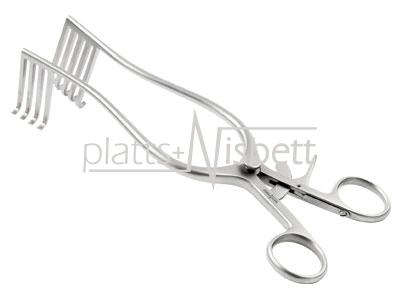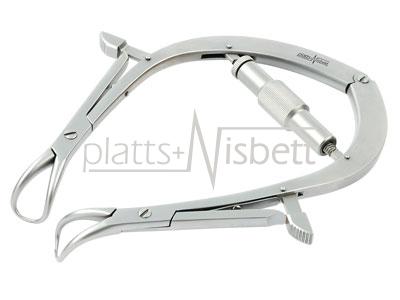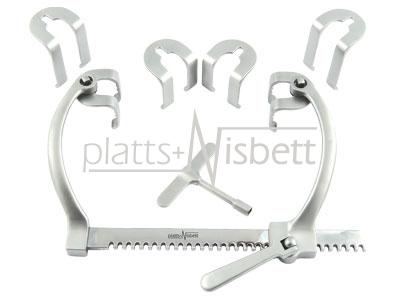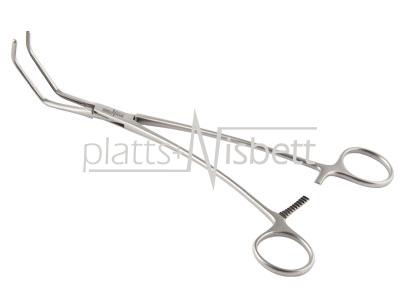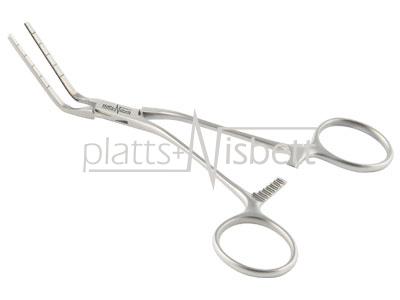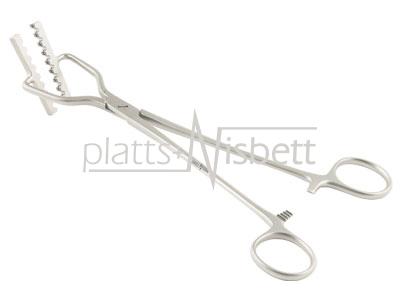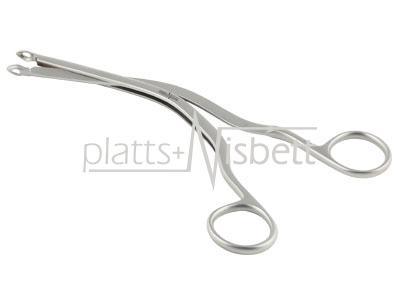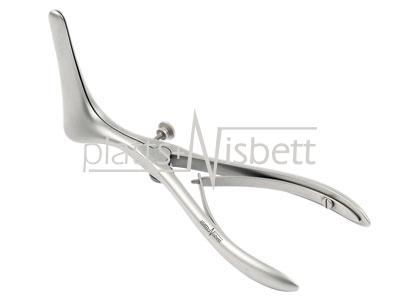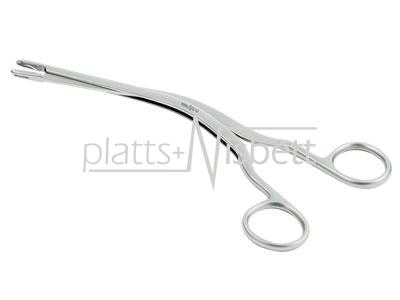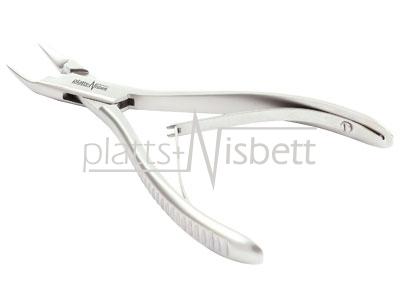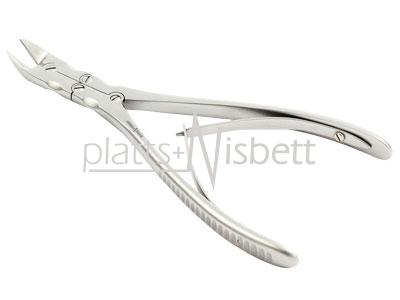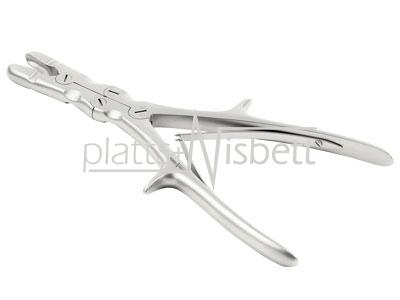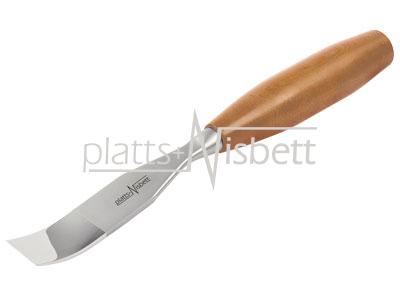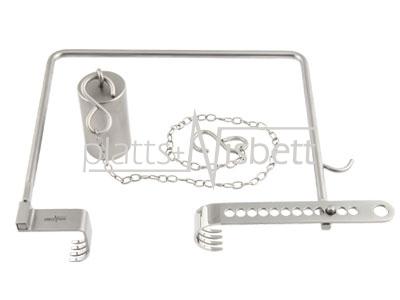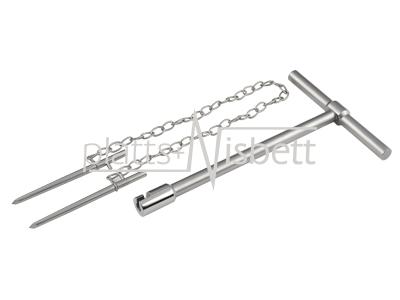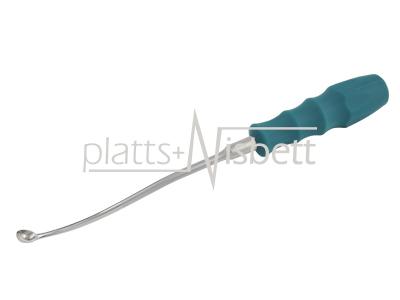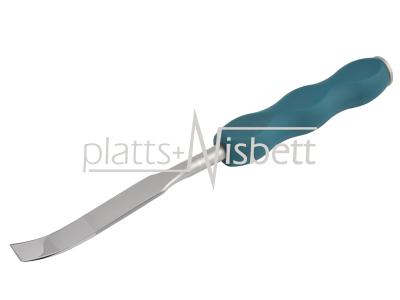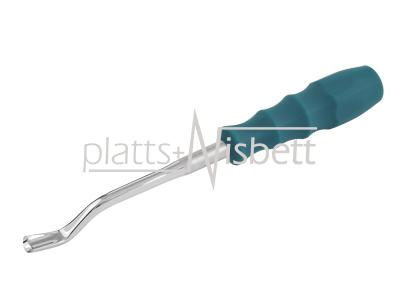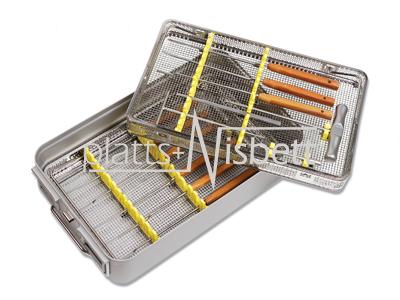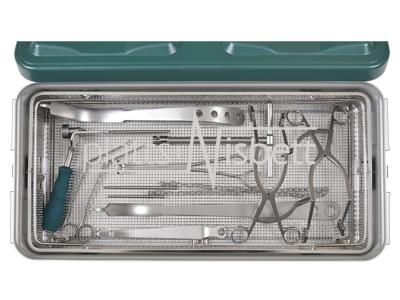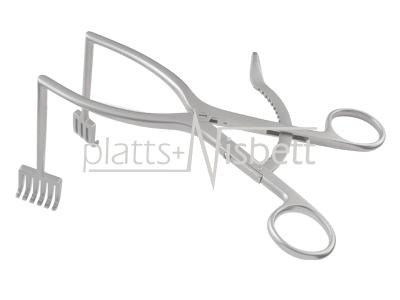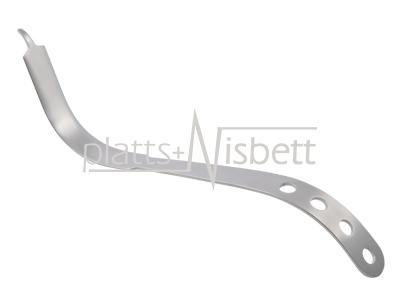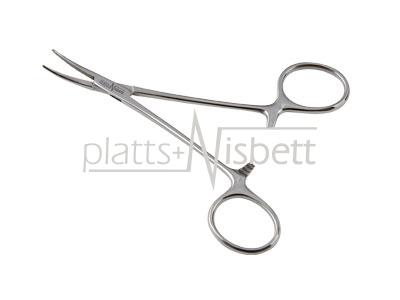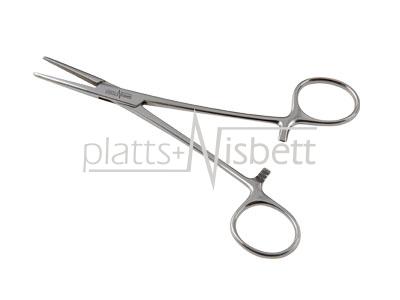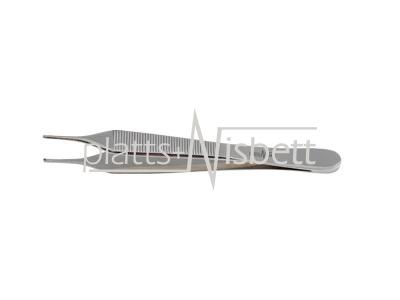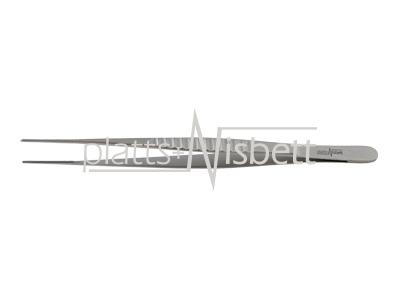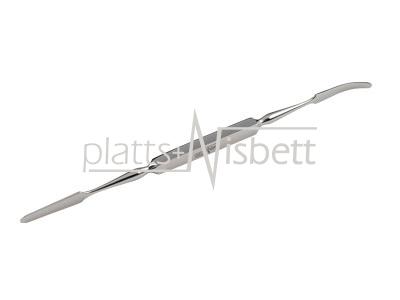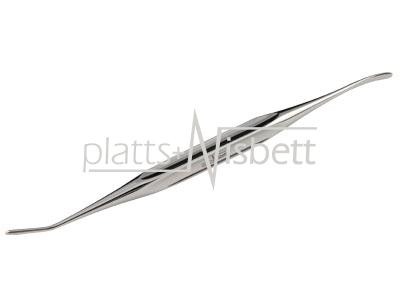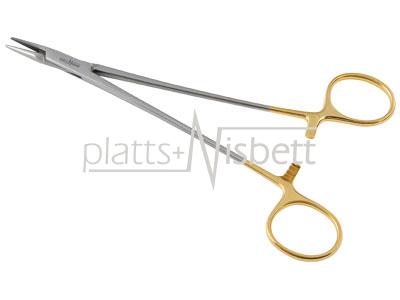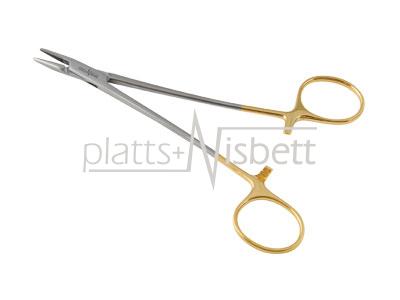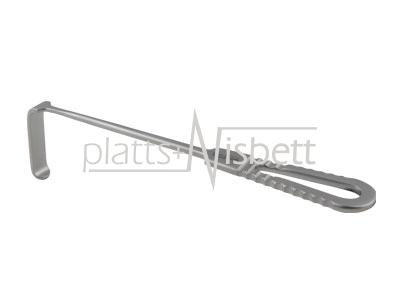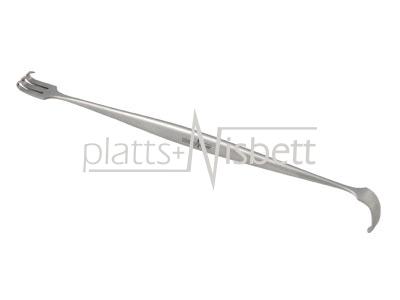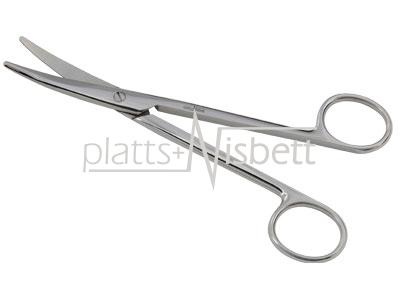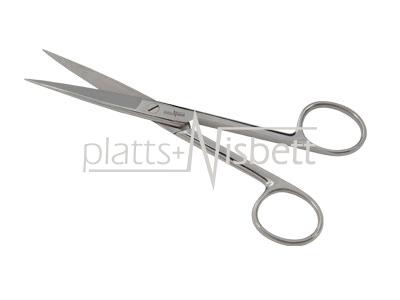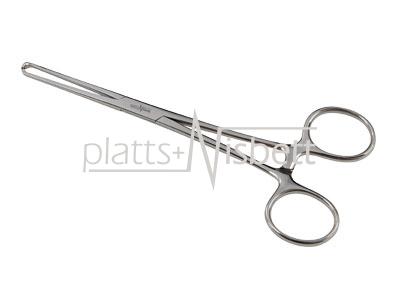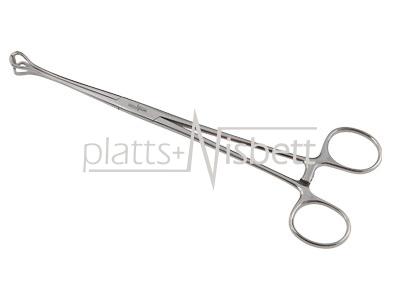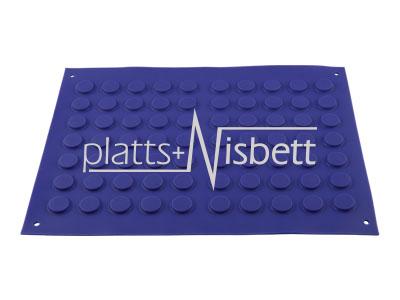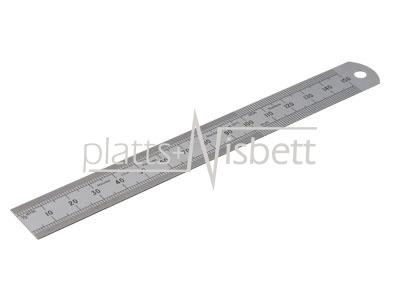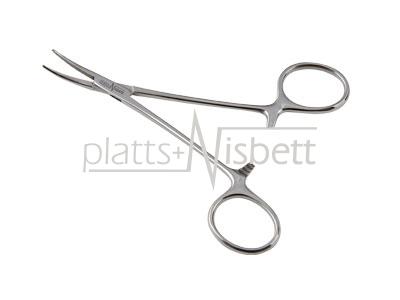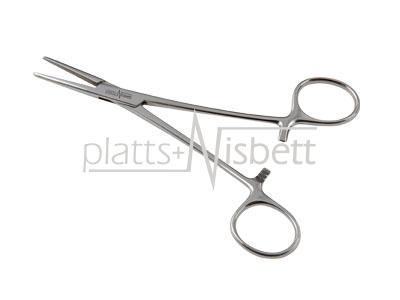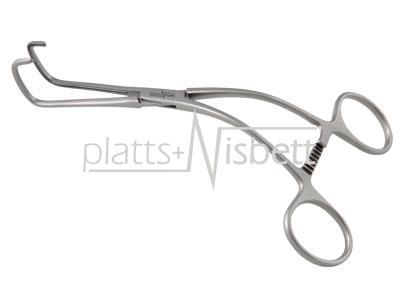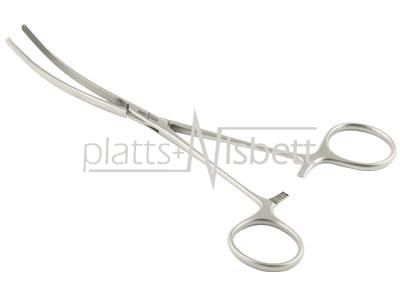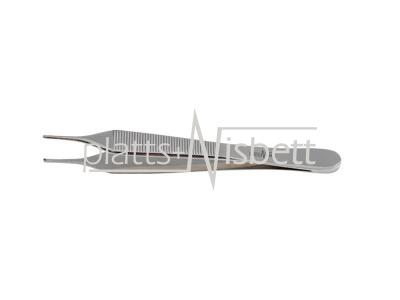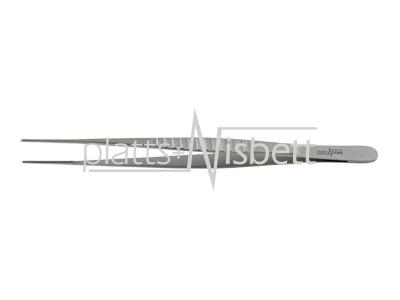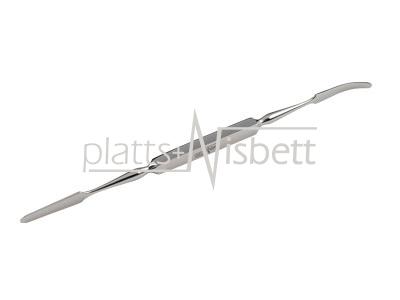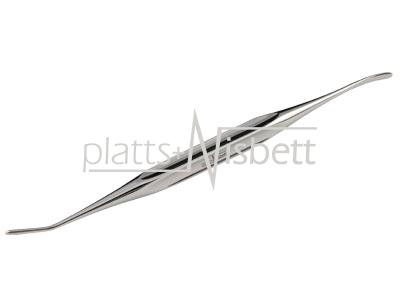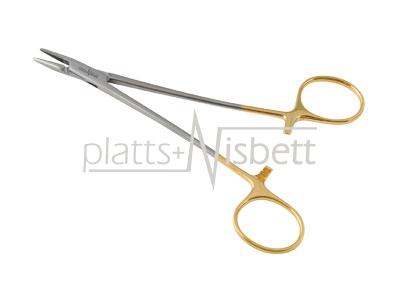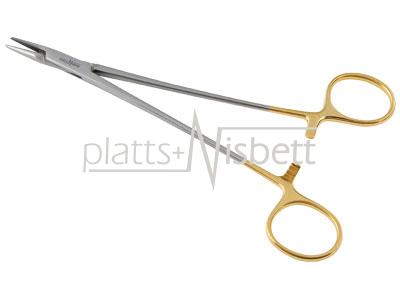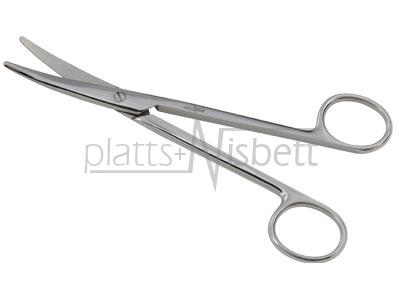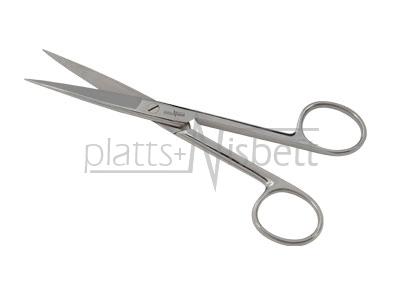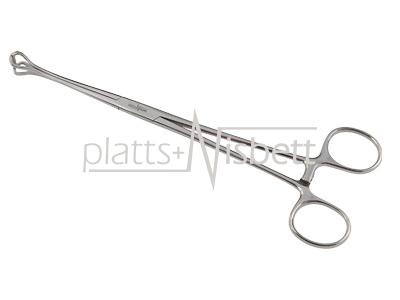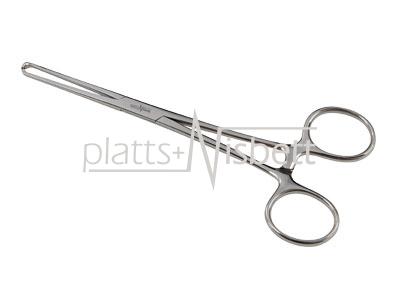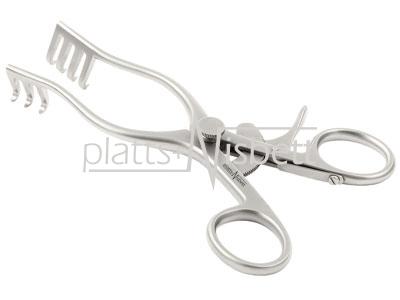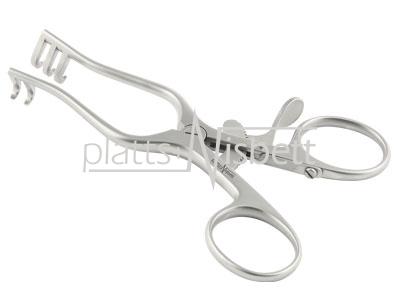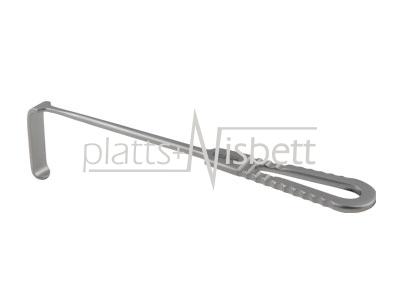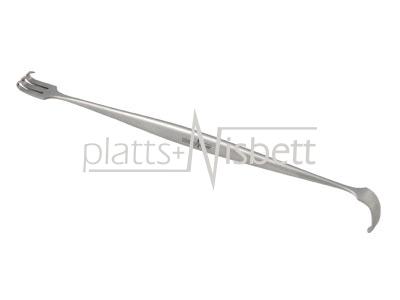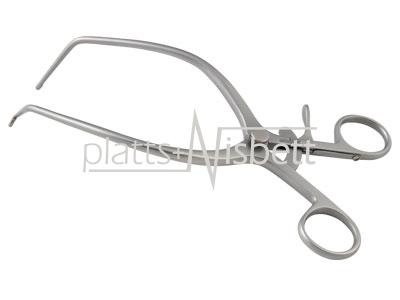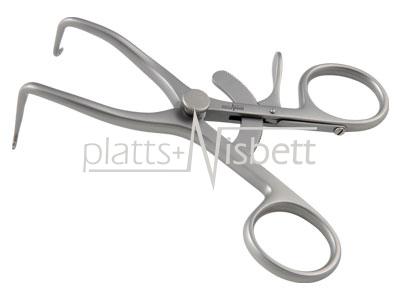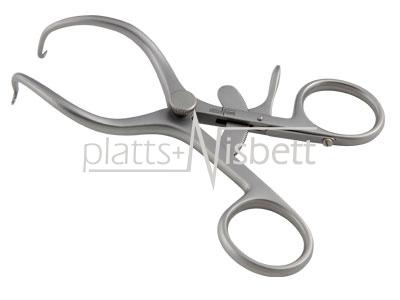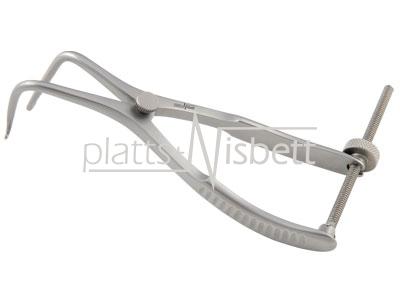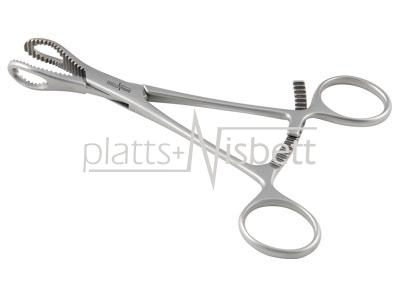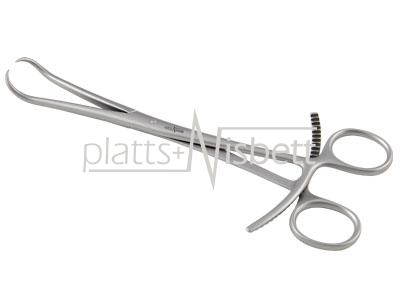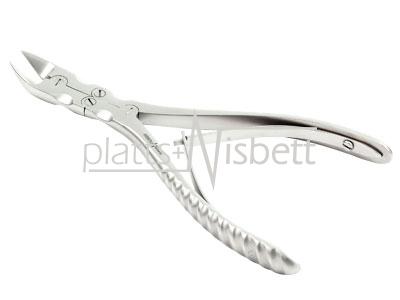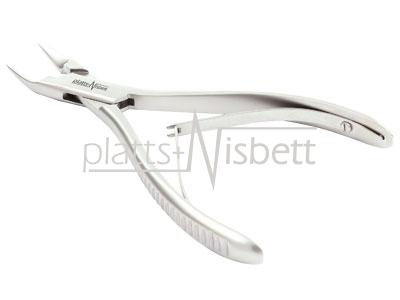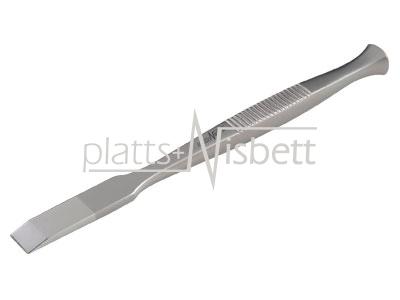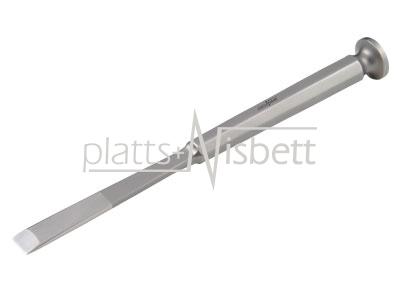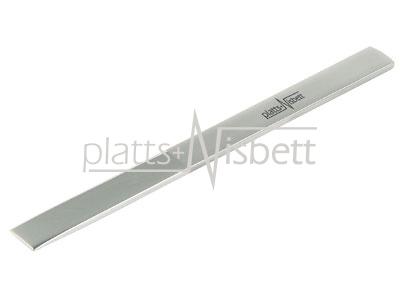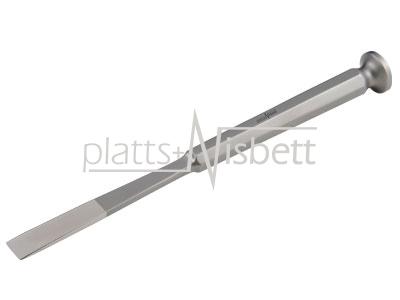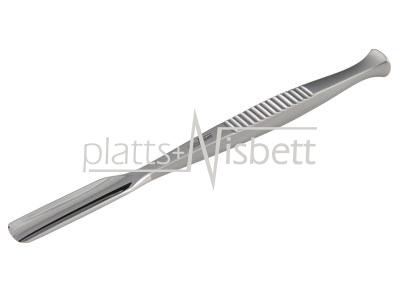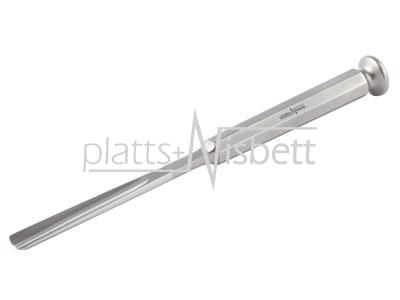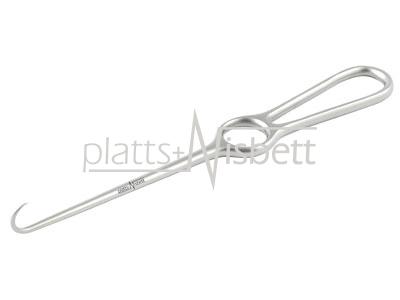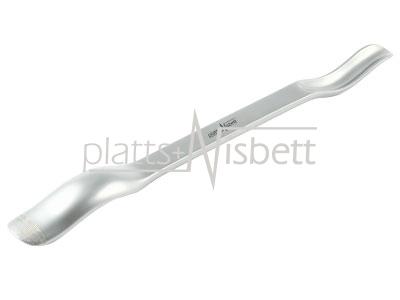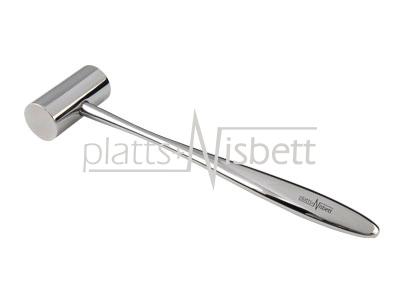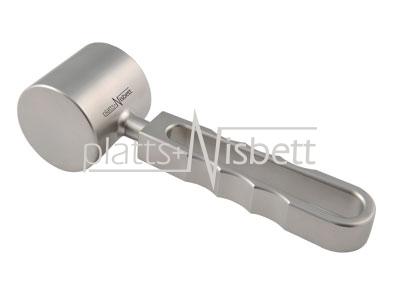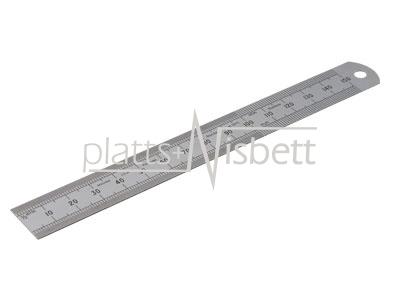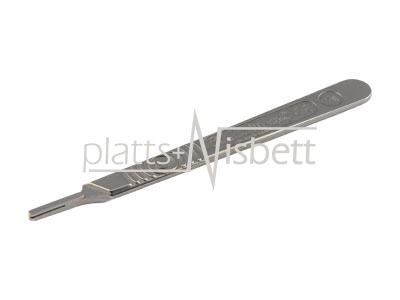Substandard Surgical Tools used in NHS Operations. How can these be fit for purpose?
The BBC has discovered that poor quality surgical instruments which are not fit for purpose are being supplied to the NHS. Panorama has found that this imported substandard equipment can put patients at risk, by causing life threatening infections and injuries. Faults include rough edges, steel burrs, and corroded metals – any of which will have serious implications if used in an operating theatre. Poor quality surgical instruments have been identified as a likely cause of MRSA infections, as instruments with rough edges have caused microscopic holes in surgical gloves, and badly made instruments which harbour body tissue and fluids are another possible source of infection.
The problem has become so worrying that one NHS Trust has taken matters into their own hands. Tom Brophy now heads up inspection at Barts and the London NHS Trust, and carries out detailed inspections on all equipment received. Documenting all faults found, this trust now rejects almost 20% of equipment as unsafe for use. A worrying statistic when you consider these implements could compromise patient safety if they were to be used.
So how and why do these instruments find their way into NHS Trusts? The problem stems from companies in the UK buying imported ranges, usually from Sialkot in Pakistan. During their investigations, Panorama collected nineteen samples from Sialkot, twelve of which were found to fail inspection in London. NHS Trusts may believe their instruments are being manufactured in the UK by reputable British companies, but sadly this is often not the case. A significant number of British supply companies are outsourcing their manufacturing to Pakistan, with 100 million instruments being made in Sialkot every year. These imported ranges are usually made using inferior quality steel, which is regularly passed off as being “German”. The instruments are made in unethical conditions, sometimes by children working for £2 per day. These instruments are then sent to the UK, complete with the British company’s name and CE Mark, with the end users being totally unaware of their real origin, and safety implications. For CE Marking purposes, the manufacturer is deemed as the person placing the instrument on the market, this is not necessarily the company who have physically made the product. Therefore, the NHS Trust has to rely on this company to take responsibility for procuring a high quality instrument if they have not actually made it themselves. Unfortunately this is where money sometimes comes before quality.
Click here to view the BBC’s Panorama episode, “Surgery’s Dirty Secrets”.
